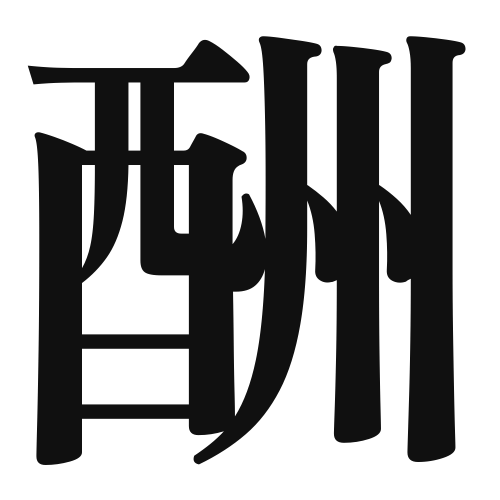1. Overview of Meaning
The kanji “酬” (shuu) generally means “to reward” or “to repay.” It conveys the idea of giving something back in return for a favor or service received.
2. Formation and Radical
Formation of the Kanji: The kanji “酬” is a phonetic-ideographic character (形声文字). It combines the radical for “alcohol” (酉) with a phonetic component that suggests its pronunciation.
Radical: The radical of “酬” is 酉, which is associated with fermented beverages and is often found in kanji related to alcohol.
3. Examples of Usage
Common Words and Phrases: Some common words that include “酬” are “報酬” (houshuu – reward) and “酬い” (shuu – recompense).
Example Sentences in Daily Conversation:
- 彼は私の助けに対して酬いをくれた。 (He rewarded me for my help.)
- この仕事には高い報酬がある。 (This job has a high reward.)
4. Synonyms and Antonyms
Similar Kanji: A similar kanji is “報” (hou), which also means “to report” or “to reward,” but it emphasizes the act of informing or giving news rather than the act of repaying.
Opposite Kanji: An antonym could be “罰” (batsu), which means “punishment,” representing a negative consequence rather than a reward.
5. Cultural and Historical Background
Relation to Japanese Culture: The concept of “酬” is significant in Japanese culture, where reciprocity is highly valued in social interactions and relationships.
Proverbs and Idioms: A common saying is “恩返し” (ongaeshi), which means “to repay a favor,” reflecting the cultural importance of acknowledging and returning kindness.
